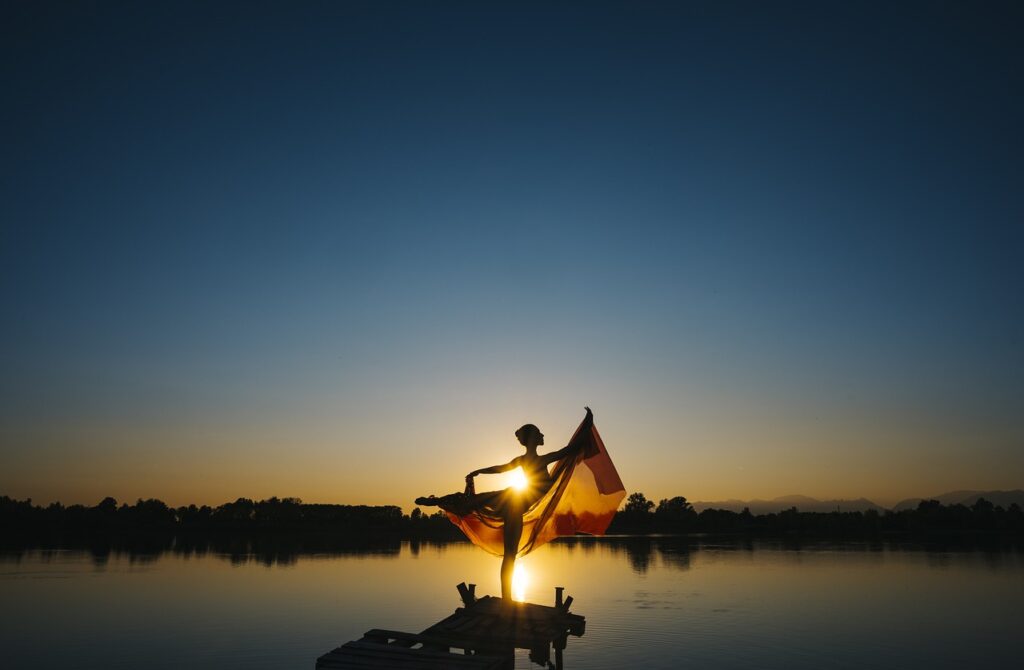Ethics in photography means making choices that respect people, places, and situations. Photography is a powerful tool that lets us capture and share moments from our world. However, with this power comes the responsibility to use it ethically. Here are some key points to consider.
Respect Privacy
When taking photos of people, always ask for their permission. Not everyone wants their picture taken, and it’s important to respect their wishes. If someone says no, do not take their photo. In situations where asking permission isn’t possible, such as in public events, try to avoid capturing people in a way that could make them uncomfortable or violate their privacy.
Be Honest
Photography should tell the truth. Avoid altering images to mislead or deceive viewers. While it’s okay to edit photos for better quality, like adjusting brightness or color, changing the content of the image to create a false impression is unethical. For example, adding or removing people or objects can distort reality and lead to misinformation.
Avoid Exploitation
Sometimes photographers may be tempted to take dramatic or shocking photos to get attention. However, it’s crucial not to exploit people’s suffering or difficult situations for personal gain. If you’re photographing people in vulnerable conditions, think about how your photos might affect them. Would the photo harm or embarrass them? Always prioritize the dignity and rights of your subjects.
Consider the Impact
Before sharing a photo, consider its potential impact. Will it hurt someone? Could it spread false information? Be mindful of how your photos might be used and seen by others. Sharing images responsibly helps maintain trust and respect in the photography community.
Cultural Sensitivity
When photographing in different cultures, be aware of and respect local customs and traditions. What might be acceptable in one culture could be offensive in another. Take time to learn about the community you’re photographing and approach your work with sensitivity and respect.
Give Credit

If you use someone else’s photo, always give them credit. This is a matter of honesty and respect for the original creator. Whether it’s for personal use, a blog, or a presentation, acknowledging the photographer’s work is essential.
Protect Nature
Nature photography is beautiful, but it’s important not to harm the environment while capturing it. Avoid disturbing wildlife, damaging plants, or leaving litter behind. Ethical nature photographers ensure that their presence doesn’t negatively impact the environment.
Conclusion
Ethics in photography is about more than just following rules. It’s about showing respect and responsibility towards your subjects and your audience. By considering privacy, honesty, exploitation, impact, cultural sensitivity, credit, and nature, photographers can create meaningful and respectful images that contribute positively to our world. Remember, a good photograph isn’t just about what you see, but also about how you capture and share it.
